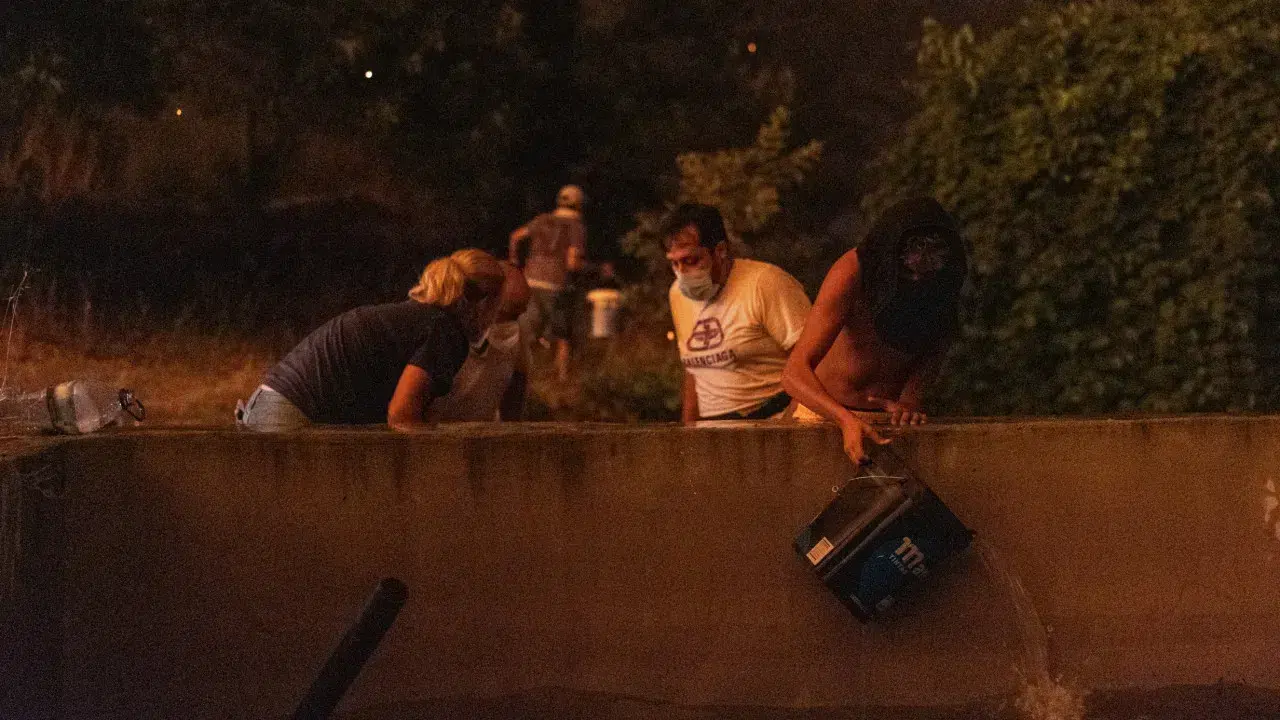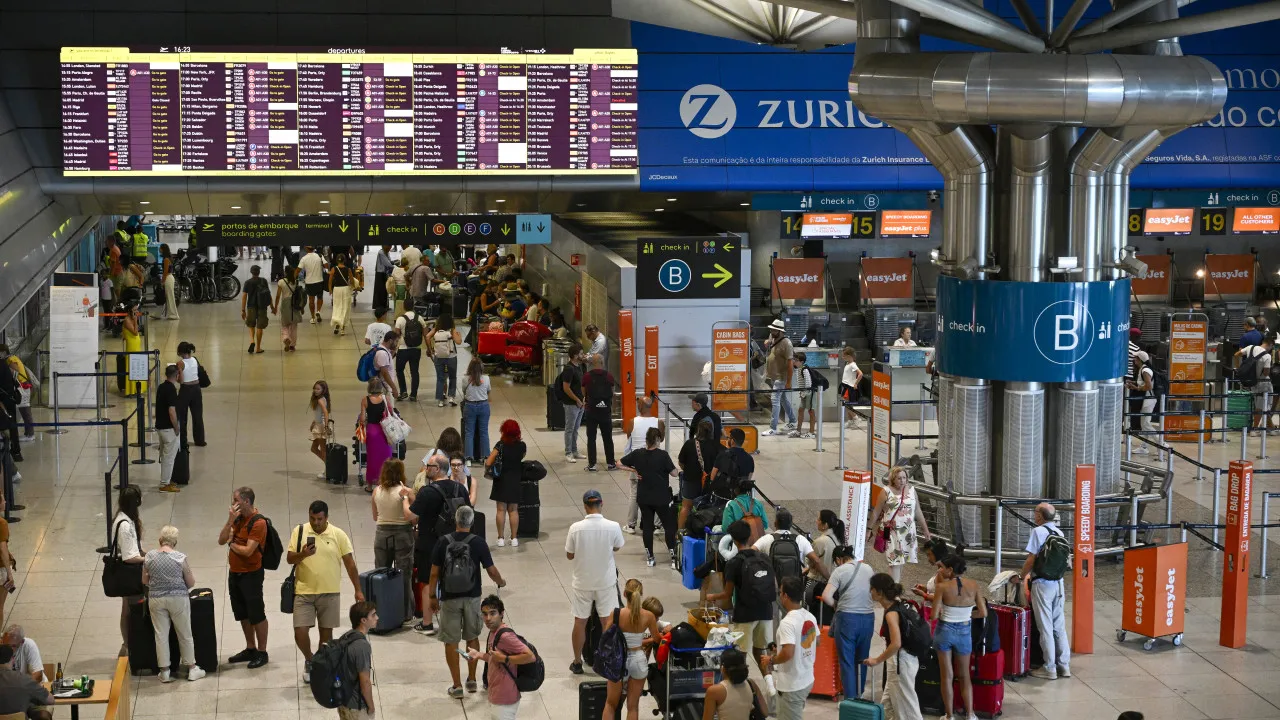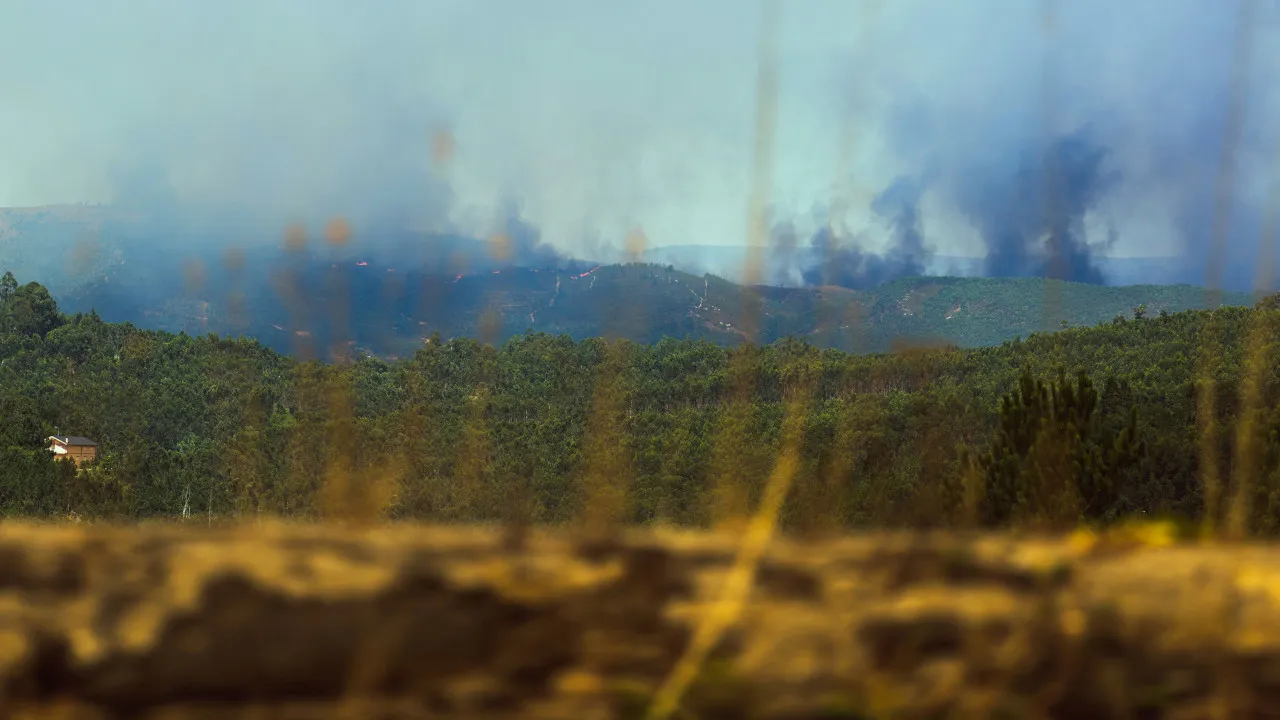
For the first time participating in a conclave to choose a Pope, after taking part in general congregations and cardinals’ meetings, António Marto observed a climate of great interest in Rome geared towards preparing for the future with hope, devoid of any pessimism.
“We hope that the legacy he left us will be carried forward,” the cardinal, a former bishop of Leiria-Fátima, stated, referring to Pope Francis who “opened new paths for both the Church and humanity, which is torn apart by its wounds and violence.”
In what was his final interview before the conclave, António Marto distanced himself from any list of ‘papabili’.
“I have no illusions, I didn’t come here with illusions; the thought of becoming a bishop never crossed my mind,” jested António Marto, 77, asserting that the position should be passed on to younger generations.
“It’s no longer for me; it will be for a person younger than I am,” he remarked, stressing the need for someone with “the charisma suited to these times,” which demands attention to the digital world and issues like “increasing artificial intelligence.”
In the coming days, cardinals will take the opportunity to become acquainted, as the college is quite different today compared to the past, with numerous unusual appointments.
António Marto himself was a surprise, having been appointed after the papal visit commemorating the hundredth anniversary of the Marian Apparitions of Fátima.
Today, “just observe the ecclesiastical geography from which these [cardinals] originate. Previously, most were from Europe, but today the Church is no longer Eurocentric; it is polycentric,” he emphasized, pointing out regions where Catholicism is more flourishing.
However, “even if we don’t all know each other, there are figures who stand out, from whom I imagine a Pope should emerge who will continue in the line of Pope Francis but with his personal charisma” rather than being a “mere imitation.”
When asked which names stand out, António Marto smiled and remarked, “those are secrets.”
Yet, Marto also mentioned his belief that “there are no clones and each has his own style.”
Francis “came at the right time for the Church, for its evangelical reform, and for humanity” and was “a global reference point for everyone, believers and non-believers, Catholics and non-Catholics.”
Marto highlighted some of Francis’s personal traits, such as compassion and proximity to everyone without discrimination, tenderness, not in a mere sentimental sense but regarding attentiveness and acceptance of others, exemplified by his concern for migrants, the sick, and the elderly.
Despite this, the winds of openness introduced by Francis will persist, exemplified by the synodal process, a program of listening to the Church’s grassroots to discuss modernization paths in its relationship with the world.
These discussions encompass themes like the Curia’s organization and contentious issues such as the role of women, priestly celibacy, the role of remarried divorcees, among others.
“As far as I understand, the synodal path is to continue,” but “it takes time,” said Marto.
“We should not think it’s a magic wand that resolves issues overnight” following the election of Francis’s successor, the elector cardinal remarked.




